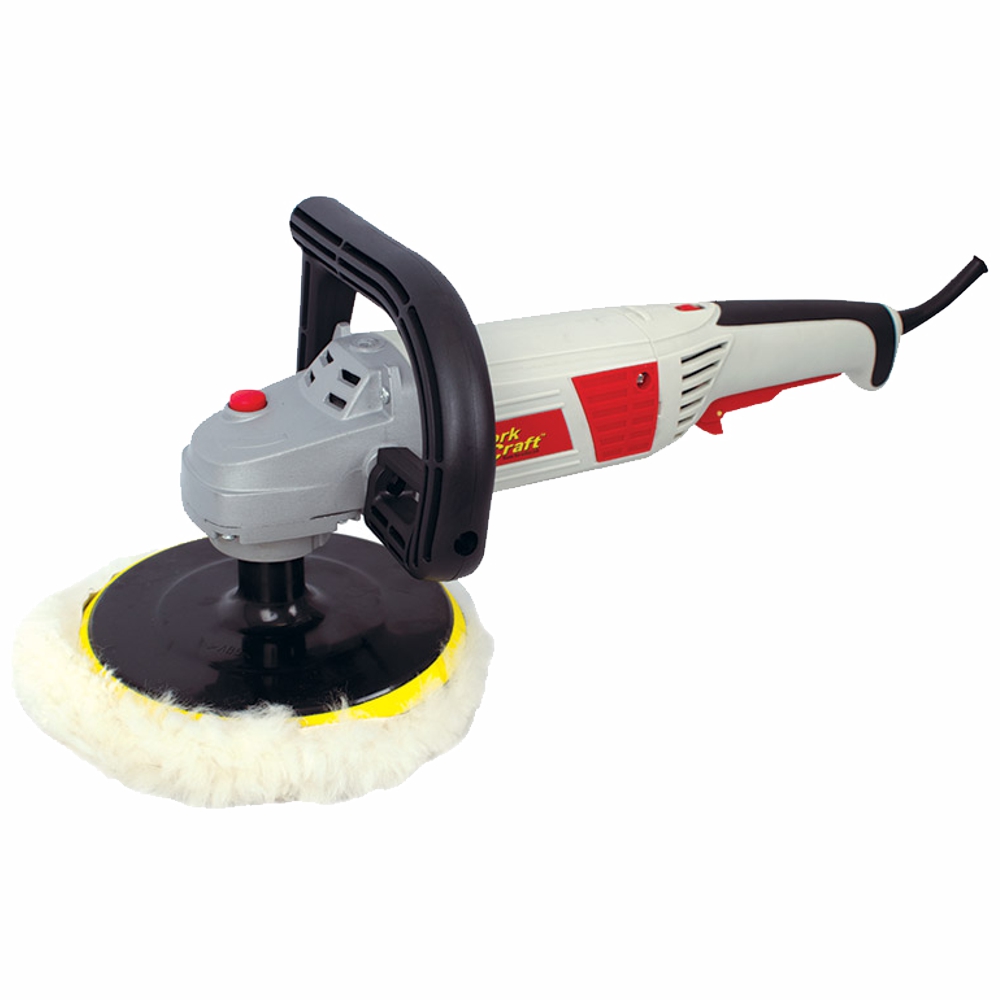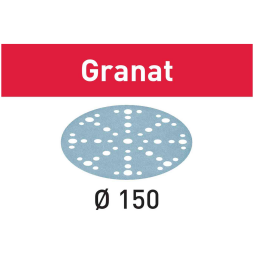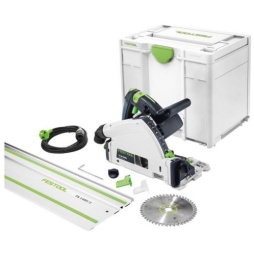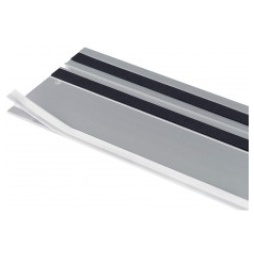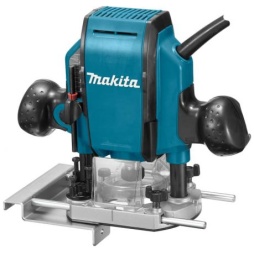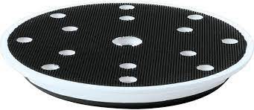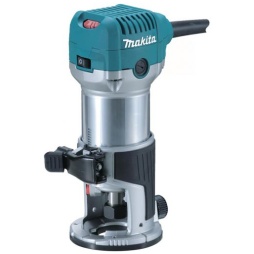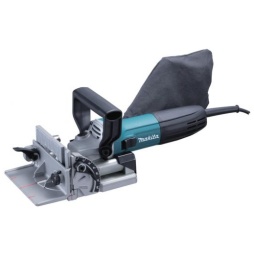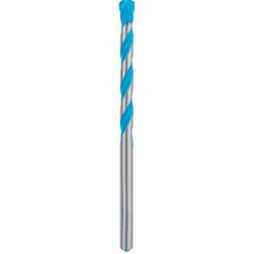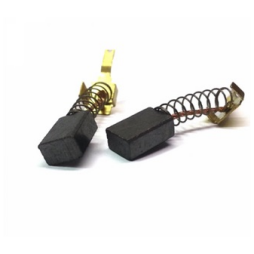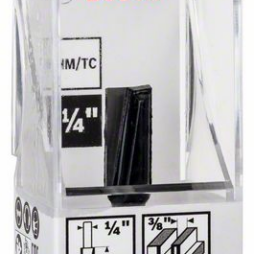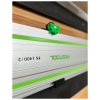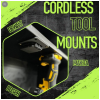Tork Craft Polisher 1200w. Wool Bonnet 180mm. 4m Cable
R1,599.00
Out of stock
Get notified when stock is available
Specifications:
Wattage: 1200W
No load speed: 1100-3500 RPM
Supplied with a Ø180mm wool bonnet buff and backing pad.
Application:
The polisher is a power tool used in the finishing process, used with polishing buffs and compound sponges to yield a dramatic difference on a painted surface.
The objective of polishing is to remove imperfections in the clear-coat that cause the paint to look dull. Surface imperfections can include swirls, scratches, water spots, etchings, industrial fallout, oxidation, etc.
Features:
- Professionally manufactured for the automotive paint care and detailing industries.
- Ergonomically designed to reduce fatigue in long term use.
- The polisher has various hand-held positions to better hold the polisher at angles.
- Gear system has a two-level deduction. With two times the amount of torque than a single gear set polisher.
Steps to take when polishing a panel:
1. Preparing the panel:
- Sometimes a panel has fine over-spray left from spraying the clear-coat. This needs to be removed by lightly sanding with a fine abrasive paper. All over-spray need to be sanded out up to P1500 grit.
- The panel should be washed when all spray-finishing defects have been removed. Any dirt particles could cause scratch marks when polishing.
- Tight curves and ends of the panel should be masked-off to prevent the effects caused by point pressure. The polisher should always be used on flat surfaces.
2. Applying the polishing compound:
- A five rand coin amount of polishing compound should be applied to the buff. Switch the polisher to it&s lowest speed setting.
- Switch on the polisher and gradually spread the polishing compound over the panel.
- Keep moving the polisher on the panel to have as little amount of pressure and friction.
- The polishing compound will remove the scratch marks caused by the P1500 sand paper and it will bring out an impressive gloss finish.
- Remove the masking from the panels and apply the polishing compound to a microfiber cloth. Hand polish (by moving your hand in a small circular motion) the tight curves and ends in the panels until the same finish is achieved as from the polisher.
3. Wash the panel when finished:
- Wash the panel after polishing to remove any residue from the polishing compound.

